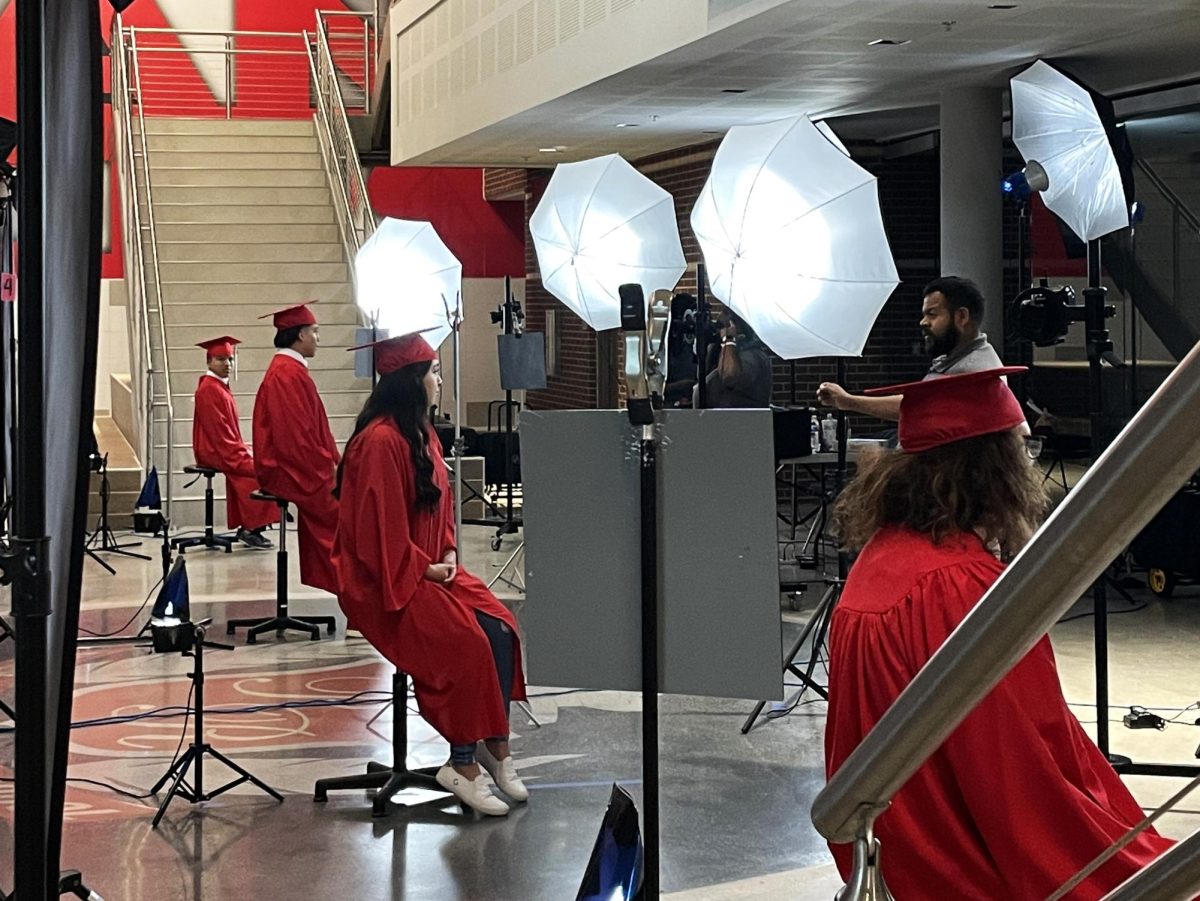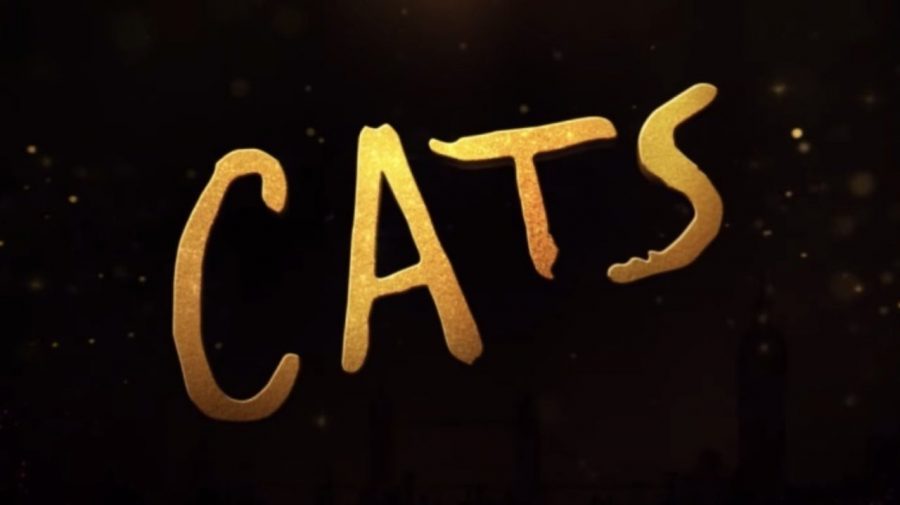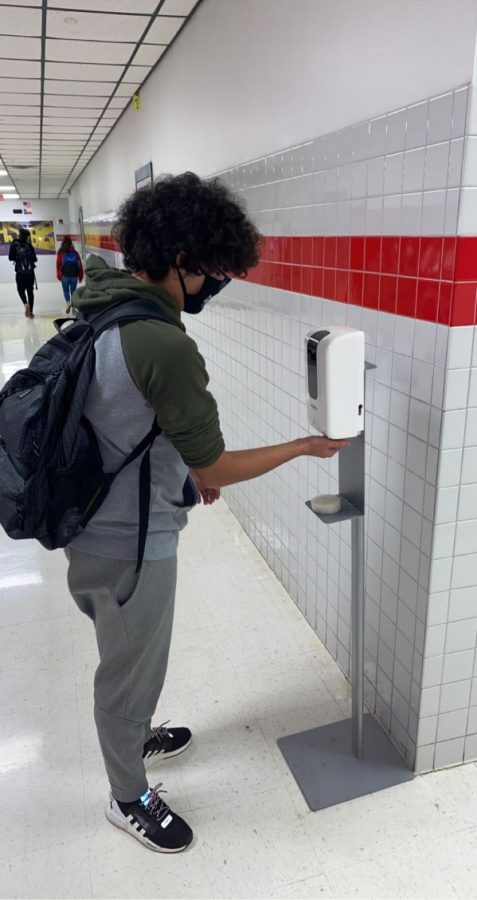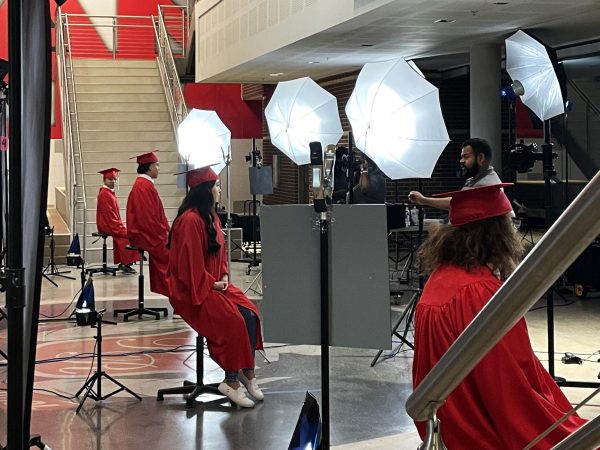Students respond to midterm election results
The fervent, nationally spectated race toward Texas’ seat in the U.S. senate ended on Nov. 6 with incumbent senator Republican Ted Cruz reaching the finish line only slightly ahead of challenger Democratic candidate Beto O’Rourke.
Cruz, a former presidential candidate, won by a landslide in the 2012 senate race against Paul Sadler (56.6 to 40.6 percent, according to ballotpedia.org).
However, 2018’s election was a much tighter race, and Cruz was faced with a more momentous contender: O’Rourke.
An El Paso native, Columbia University graduate, and avid Whataburger enthusiast, O’Rourke came within striking distance of Cruz (trailing behind by 2.6 percentage points in the polls and raising nearly $75 million in funds from his advocates, both facts according to the Texas Tribune). Despite garnering noteworthy numbers and the coined term “Beto mania,” his campaign was unable to pull off the unlikely feat it hoped to accomplish.
Political history was not on the O’Rourke campaign’s side. Texas hasn’t seen a blue representative in the U.S. Senate since Lloyd Bensten’s 1988 victory. As a result, for the past 20+ years, both political analysts and the general public have largely assumed that Texas will remain red.
“Even during the presidential election, when everyone thought we would go blue, we went Republican,” senior Jennifer Aleman said. “So I’m not surprised by the midterm election’s results.”
Notwithstanding the unlikely circumstances, O’Rourke and his supporters adopted the hopeful mantra, “he has a chance,” leading up to ballot day. That, he did—young voters turned up at the polls in record numbers, many aiming to tilt the election in O’Rourke’s favor. However, that chance proved itself to be negligible.
One of O’Rourke’s supporters, senior Rachel Ellison, is disappointed by his loss, but not dumbfounded.
“I think Beto is too good to be true,” Ellison said. “His ideas are too utopic and advanced for the times we’re in, for the current political climate.”
Though O’Rourke was the candidate of choice for many young voters, Cruz was not entirely lost on Generation Z. A first-time voter, and son of a local business owner, cast his vote for Cruz primarily for reason of the candidate’s fiscal ideology.
“Conservatives like big business, not just for money, but for financial stability within a corporation,” the student said. “Ted Cruz has tax plans that I believe would help businesses.”
In spite of his loss against Cruz, various big-name media outlets (including Fox News, Politico and The Washington Post) have nurtured the idea of a bright political future for O’Rourke. #Beto2020 began trending on Twitter immediately following news of his defeat. This remaining “Beto mania” may contain real substance, but it could very well be wishful thinking on part of his proponents.
O’Rourke, during an interview with 60 Minutes on CBS prior to Election Day, stated in no unclear terms that he will not be chasing a higher office in 2020.
“Win or lose, I’m not running in 2020,” he said. “I’ve got to tell you, it’s incredibly flattering that anyone would ask me that question or that that’s even up for discussion. But, since people have asked, the answer is no.”
Cruz, on the contrary, may still harbor presidential aspirations. During an interview with the Texas Tribune on Sept. 11, he gave an ambiguous answer when pressed about whether he could commit to serving another full six years in the senate.
“I am focused on the United States Senate,” he said, before veering off topic by bringing up state-specific politics.
Despite O’Rourke’s defeat, Democrats in the Lone Star State did not solely experience loss on election night. Colin Allred emerged victorious against Pete Sessions, securing a blue seat in the U. S. House of Representatives.
On a national scale, the U.S. Senate remains red, and the House of Representatives has flipped blue.
With the midterms complete, Democrats and Republicans alike will now focus, with 20/20 vision, on the impending race toward the White House.

ENFP- I am a senior this year. Once upon a time, I broke my back, so now I have the spine of an 89-year-old man who watches the Price is Right every afternoon...























